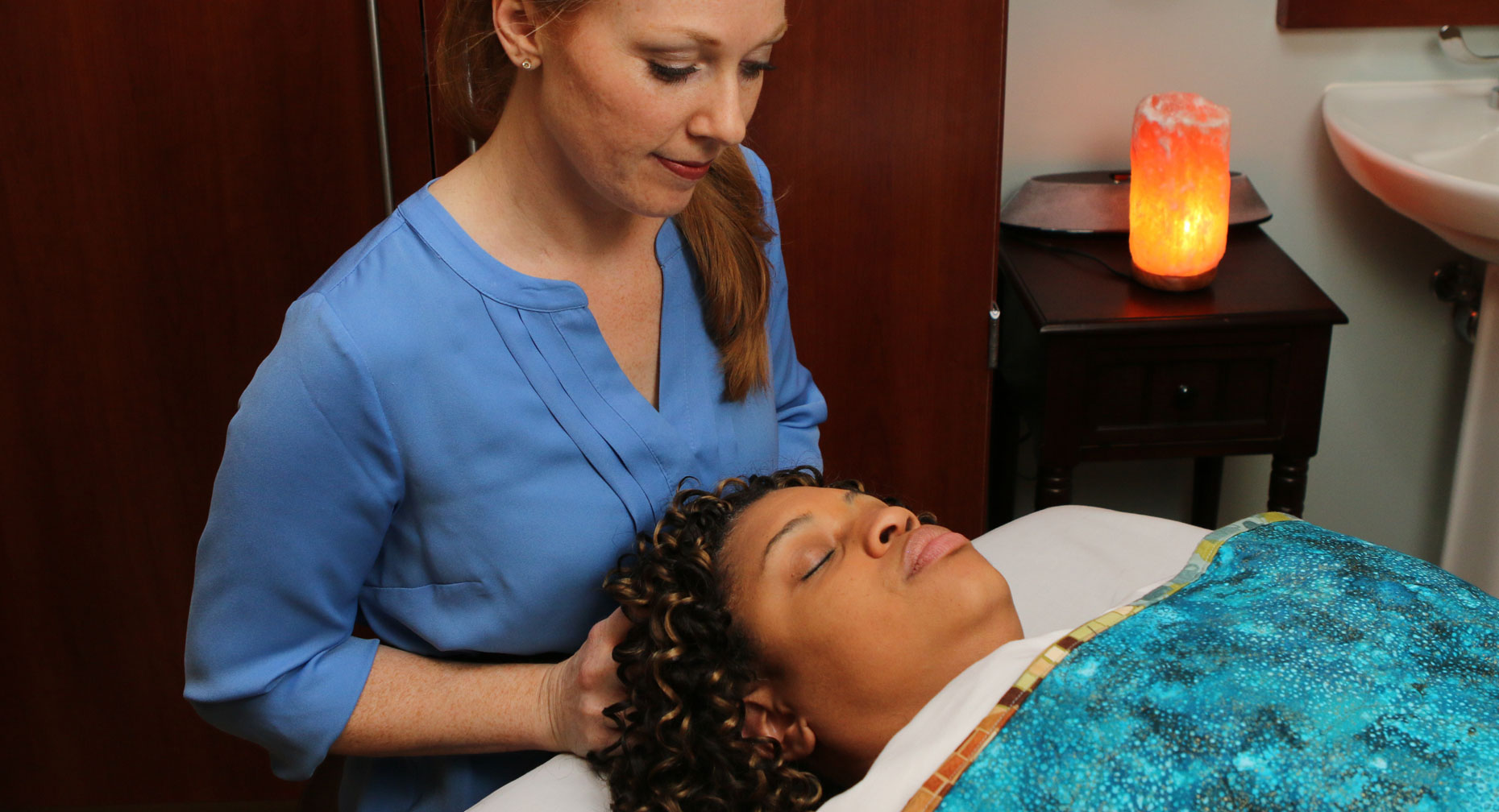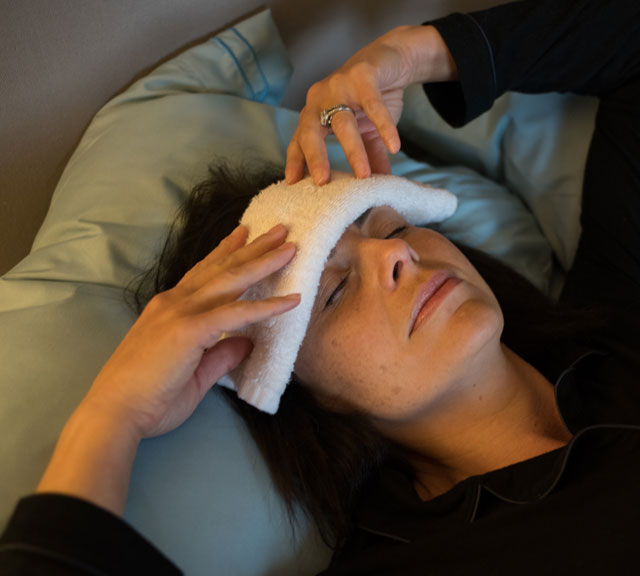Managing the Pain Of Post-Traumatic Headache

Answer a few questions and we'll provide you with a list of primary care providers that best fit your needs.
It’s bad enough that you’re dealing with a car accident or fall — and then the headaches start. What should you expect?
Post-traumatic headaches often occur after a traumatic brain injury. They usually begin about seven days after the injury and can last for months or even years.
Americans experience 1.7 million traumatic brain injuries each year, and half of these patients also will get headaches, says the American Migraine Foundation. These headaches can happen whether your brain injury is mild, moderate, or severe. The headaches may come and go or the pain can be constant. For many people, the headaches are new and worse than any headaches they experienced before their injury. For others, pre-existing headache disorders, such as migraines, can become more frequent and severe after their injury.
While the cause of these headaches can vary for each patient and is not fully understood, there are ways to manage post-traumatic headaches.
What Causes Post-Traumatic Headache?
The most common causes of traumatic brain injuries are car accidents, a fall, or a bullet wound. The brain can be damaged by the concussion caused when it’s jolted against the hard surface of the skull, such as when you’re riding in a car that crashes. Even a whiplash injury — without a direct impact to the head — can cause the brain to move and bump against the inside of the skull, causing a brain injury.
The force of impact can damage the neurons in the brain and cause bruising and swelling. This changes how your brain works.
Headaches are the most common complaint after a traumatic brain injury. Yet there is no relationship between the severity of the injury and the severity of the post-traumatic headaches.
These headaches most often resemble migraine or tension-type headaches. Symptoms include:
- Moderate to severe pain
- Pulsating pain
- Nausea and vomiting
- Sensitivity to light and sound
- Blurred vision
- Dizziness
- Fatigue
- Insomnia
- Poor concentration
- Memory problems
- Personality and mood changes
- Anxiety and depression
If you or a loved one shows signs of post-traumatic headache, talk with your doctor right away. The doctor will examine you and ask questions about your symptoms and your injury.
Tests such as magnetic resonance imaging (MRI) or computerized tomography (CT) scans may be used to see the brain and the muscles in the head and neck, to help make a diagnosis.
Headache specialist Richard Kim, MD, talks about imaging tests that can be used to help diagnose the cause of headaches.
Click play to watch the video or read video transcript.
For many people, the headaches are new and worse than any headaches they experienced before their injury.
Find Relief From Chronic Pain

There are a variety of treatments that can bring relief to physical and emotional symptoms. They include:
- Medicines. Over-the-counter anti-inflammatory and pain medicines are used in the first few weeks of post-traumatic headache, along with triptans, a type of medicine for migraines.
- Preventive medicines. If the headaches persist, your doctor may prescribe medicines to prevent them from happening. Anti-depressants, blood pressure medicines and anti-seizure medicines can help.
- Physical therapy. Exercises to loosen muscles and build strength may help stop or prevent frequent headaches after traumatic brain injury.
- Biofeedback and relaxation therapy. Learning how to manage pain and relax your mind and body can reduce stress and help prevent headaches.
- Nerve stimulators. When medicines don’t work, a device that sends electrical signals to specific nerves in the neck can bring headache relief.
- Cognitive behavioral therapy. Some patients may find relief by working with a psychologist. A strategy called cognitive behavioral therapy can teach you how to manage certain situations so that you can change the way you and your body respond to them.
Living Well With Headaches After Traumatic Brain Injury
While post-traumatic headaches can be frustrating and draining, they can and should be managed. The condition can impact daily life. Many patients continue to get painful headaches even five years after their injury.
Doctors and researchers constantly are learning more about what causes these headaches and how to treat them.
You can take steps to keep yourself healthy and avoid headache triggers. Try these tips:
- Avoid foods like red wine, certain cheeses, and monosodium glutamate (MSG)
- Exercise daily
- Get enough sleep
- Use heat or ice packs for headache pain
- Use therapeutic massage
Keep a daily log of your headaches and work closely with your doctor to identify triggers and find treatments that work.
Answer a few questions and we'll provide you with a list of primary care providers that best fit your needs.
Source: American Migraine Foundation; American Headache Society; National Headache Foundation; Richard Kim, MD, Clinical Neuroscience Institute






